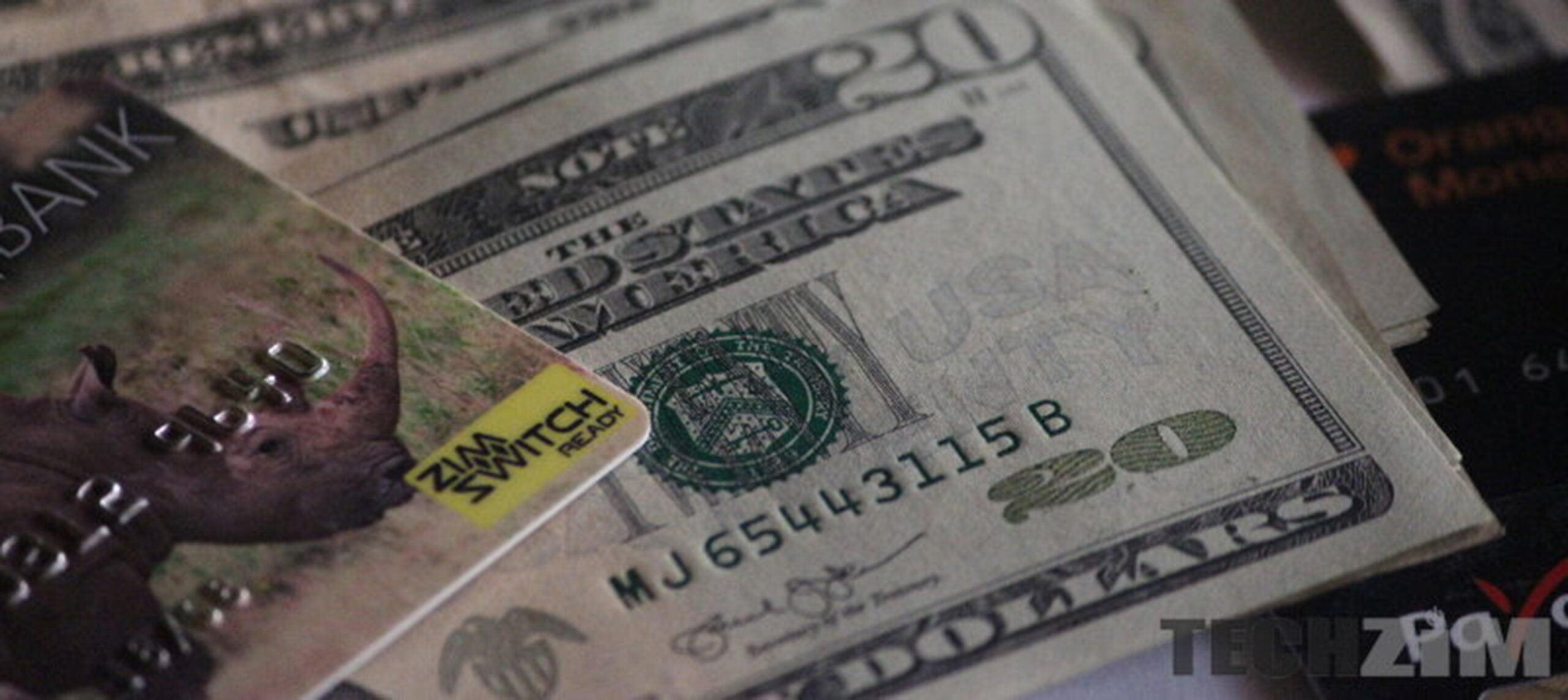
KUDZAI KUWAZA THE recent sharp increase in the price of goods as well as the continued rise of inflation is symptomatic of the deepening economic crisis in the country amid a continued fall in the value of the local currency.
A surge in the price of basic commodities, such as bread, sugar and cooking oil, has further eroded disposable incomes as inflation has shot up to 72,7%.
Resultantly, the Zimbabwean dollar (Zimdollar) continues to depreciate with the parallel market rate currently ranging between US$1: ZW$280 and ZW$300.
It is more than double the official rate which stands at US$1:ZW$145.
Economist and executive director at Africa Economic Development Strategies, Gift Mugano has projected that inflation will shoot to 100% and that the economy will dollarise by June this year as the parallel market spirals out of control.
This has worsened the plight of most workers in Zimbabwe who earn salaries in local currency, which has resulted in employers having to constantly adjust salaries.
However, these adjustments usually fall far short of the cost of living,which reached ZW$75 000 at the end of January.
This comes as the formal job market continues to shrink as more than 300 000 people have lost their jobs in the last quarter of 2021, according to national statistical body, Zimstats.
- Chamisa under fire over US$120K donation
- Mavhunga puts DeMbare into Chibuku quarterfinals
- Pension funds bet on Cabora Bassa oilfields
- Councils defy govt fire tender directive
Keep Reading
The country’s dire situation is worsened by the impact of the Russia and Ukraine conflict, which has pushed up energy prices and disrupted supply chains.
The currency distortions in the market have had a devastating impact on the livelihoods of the country’s citizens as the local currency continues to be weighed down by the spiraling parallel market rate.
Such has been the impact that the government, who had initially refused its workers’ demand to pay salaries in foreign currency, has now factored in a forex stipend of US$175 for monthly salaries.
This is after it paid last years’ civil servants bonuses in hard currency. The former Consumer Council of Zimbabwe (CCZ) chairperson Philip Bvumbe painted a grim picture of the struggle by consumers to make ends meet.
“If you look at the CCZ breadbasket for the end of January it stands at ZW$75 000, up from December 2021, which was $72 000,” Bvumbe said in a recent interview with our sister paper The Standard.
“Now, when you look at the majority of minimum wages, they are below ZW$50 000 and yet the family basket now stands at ZW$75 000. So, that nature would incline that most of these people are living below the consumer council basket, which means they cannot afford to access basic commodities, which are in the basket for a family of six.”
In its Article lV Consultation report last month, the International Monetary Fund (IMF) executive board, pointed out that structural reform remains pivotal to the country’s economic recovery.

“Noting that substantial challenges remain, including extreme poverty and longstanding structural constraints, they urged the authorities to implement the necessary reforms that would foster higher, more inclusive growth and pave the way for re-engagement with the international community,” the IMF said in its report.
It recommended further monetary policy tightening given the persistently high inflation and emphasised the need to increase the operational independence of the central bank as well discontinue quasi fiscal operations.
The IMF also called for a more transparent exchange rate mechanism.
“Concerted efforts are needed towards greater exchange rate flexibility by allowing a more transparent and market-driven economy and authorities to phase out exchange restrictions and multiple currency practices as soon as conditions permit,” the Bretton Woods Institute said.
The Reserve Bank of Zimbabwe governor, John Mangudya this week announced a cocktail of measures to rein in inflation and the galloping parallel market rate.

The measures include allowing banks to conduct foreign exchange transactions of up to US$1000 under an arrangement agreed upon between banks and the RBZ in terms of which the individuals with free funds and entities or corporates holding foreign exchange in their foreign currency accounts shall be free to sell forex to banks on a willing buyer, willing seller basis.
The central bank also increased the Bank Rate Policy from 60% to 80% as well as reviewing the Medium Term Bank Accommodation Facility interest rate from 40% to 50%.
However, economist Prosper Chitambara believes that more needs to be done to curb inflation and the parallel market rate.
“The move to allow banks to conduct foreign exchange transactions of up to US$1000 is a step in the right direction and this is probably testing the waters before putting in place further measures,” Chitambara said.
“As the black market premium gap widens, it feeds into inflationary pressures. We need more measures to curb inflation and the parallel market.”
In its financial results for the period ended December 31, 2021, diversified financial services provider, Old Mutual Zimbabwe said one of the reasons it would not declare a dividend for 2021 is because of the need to build sufficient capital for the uncertainties brought about by “volatilities of the Zimbabwean operating environment”.
This week the RBZ announced the introduction of the ZW$100 note raising fears that this could stoke inflationary pressures as is what usually happens whenever a note of a higher denomination is introduced.
Labour market analyst and former Employers’ Confederation of Zimbabwe (Emcoz) executive director John Mufukare said the economic crisis in the country will persist for the foreseeable future but said the current tobacco season will help temporarily alleviate the country’s economic crisis.











